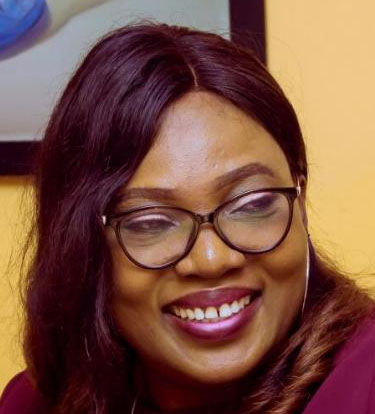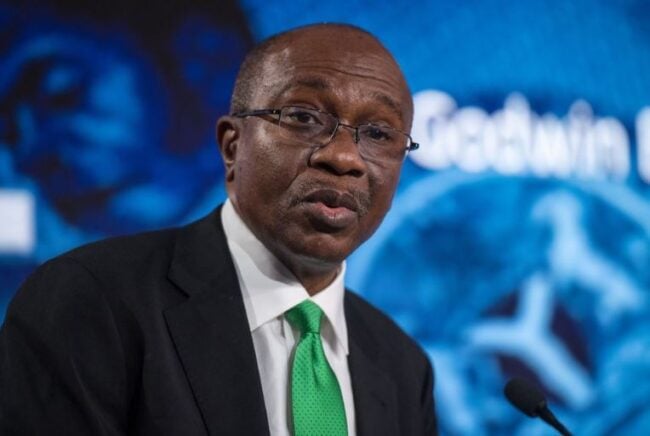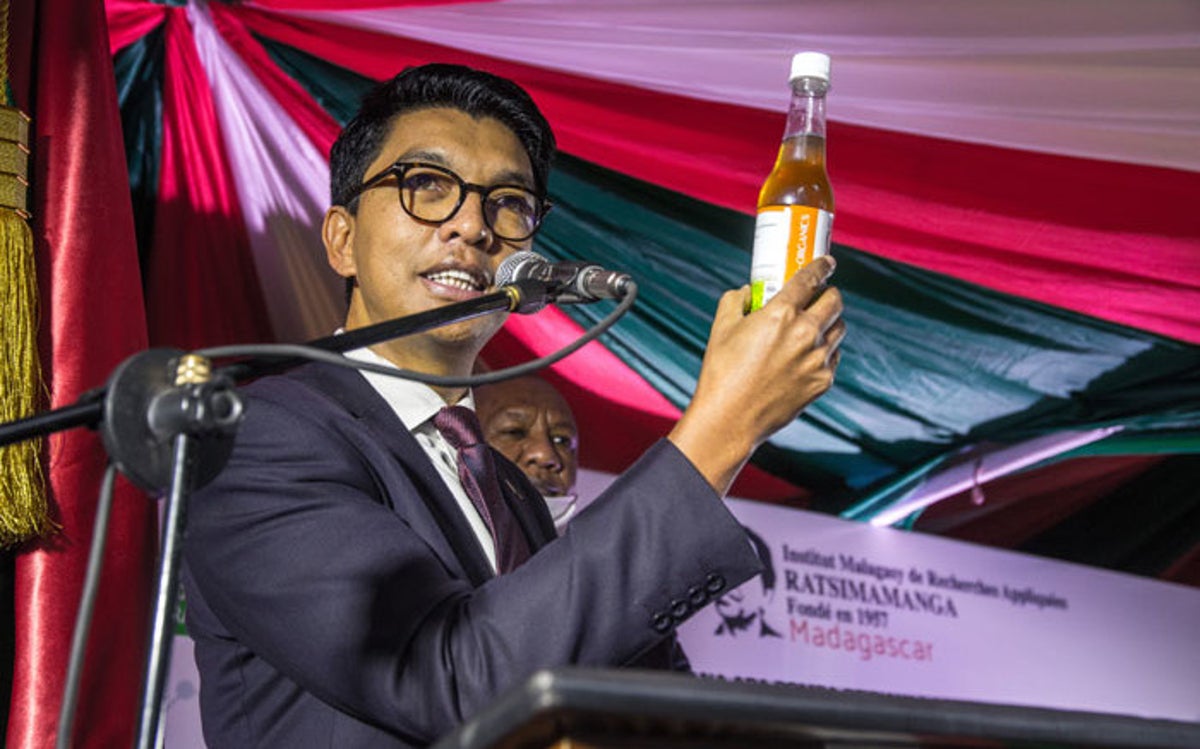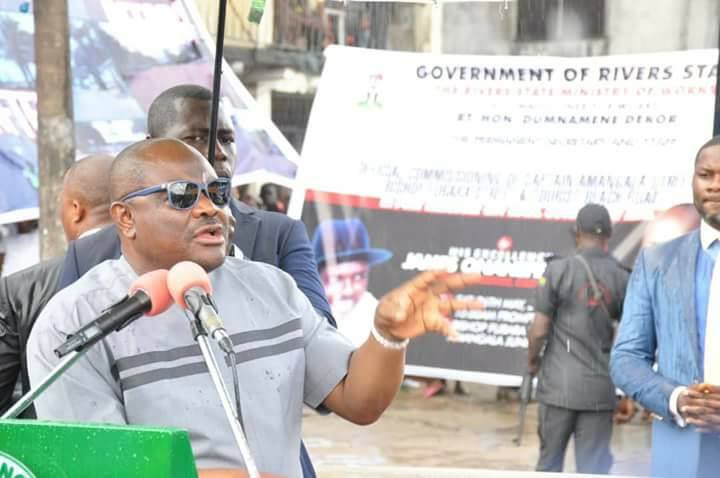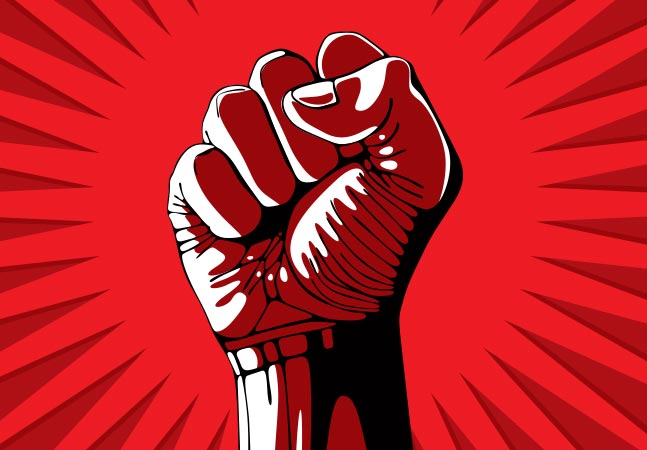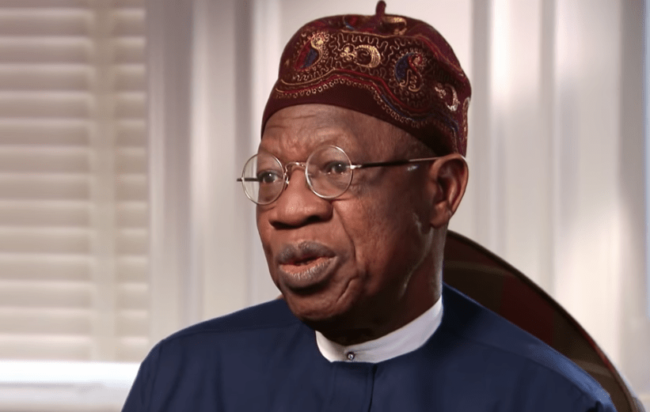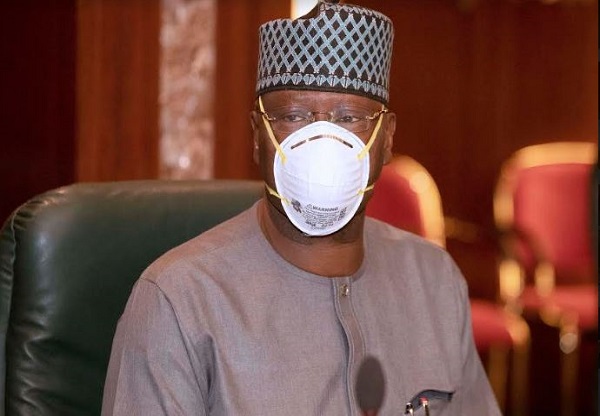When the world began to shut down all activities as a necessary step to contain the spread of a virus that has, in its original form,been described as a potent biological weapon, I was, to be candid, really worried.
I was perturbed, not because I thought Nigeria lacked first-rate brains in the Healthcare sector; in fact, we lead in world rankings. My worry was predicated on the dominance of economic buccaneers masquerading as experts in a fragile system and the effect of this on Nigeria’s response to an inevitable COVID-19-induced global economic shock.
If the handling of the Ebola crisis, under former President Goodluck Jonathan’s administration were to be the benchmark for assessing how we would fare amid a Coronavirus invasion, I would have, perhaps, been able to sleep with one eye fully closed.
That administration got the drivers largely right and drove assuredly to a positive end in record time, though a few people paid the ultimate price. The first Ebola case was confirmed on March 23, 2014, and within 21 months, 11,315 people were reported to have died in six countries, including Liberia, Guinea, Sierra Leone, United States, Mali, and our own Nigeria.
Advertisement
It was serious work for our ever dependable but sadly neglected health sector, from July 20, 2014, when the Ebola virus was first introduced into Nigeria, to October 20, same year, when the World Health Organisation finally pronounced the country free of Ebola transmission. Diligent contact tracing and commendable professionalism minimised the chain reaction and helped peg the number of infected persons at 20, out of which eight deaths were recorded.
The same epidemic claimed 4,810 lives out of 10,678 cases in Liberia; 3,956 out of 14,124 cases in Sierra Leone; and 2,544, out of 3,814 cases in Guinea. This meant that about 67 per cent of all those who contracted the Ebola Virus Disease died in Guinea. The three countries lost about $2.2billion in Gross Domestic Product, according to the World Bank’s 2014 projections. The effect of the EVD on the economies of these countries and the wellbeing of their citizens can only be imagined.
Yet, Nigeria was only second to the United States, which recorded two deaths out of the 11 cases treated, as regards record time containment.
Advertisement
Now that the world is faced with one of the 10 worst epidemics in the last five decades, rightly declared a pandemic by the World Health Organisation, the fates of Nigeria and Nigerians are certainly unclear, especially in a situation where the shepherds, in this instance, appear to be more confused than their sheep.
With ‘almighty’ United States smarting from the unfortunate loss of more than 80, 000 lives, so far, and its economy shrinking the fastest since 2008, the President Muhammadu Buhari administration must know that being a master player in political abracadabra is a needless quality in these strange times.What we need, right now, are star strikers that can pool their ideas to deliver the twin goals of minimising fatalities from a dreaded virus invasion and mitigating the impact of an unavoidable economic emergency on businesses and citizens.
Do we have such strikers in Nigeria? Definitely! Are they within reach? Of course! Can we say the membership of Nigeria’s current Economic Sustainability Committee, constituted as a response to current and post-COVID-19 economic challenges, reflect the country’s enviable world class human capital? Sadly, no. And this is the first signal that, even when the global economy faces the worst recession since the Great Depression, Nigeria’s leaders are still comfortable with business as usual.
Apart from the Governor of the Central Bank of Nigeria, none of the members of the committee, including the head, have the requisite background or hands-on experience to manipulate the current dynamics of micro, macro and global economics to Nigeria’s advantage.
Advertisement
As rigid as US President Donald Trump appears, he knows the economy must not fail under him in a country where numbers speak louder than propaganda. In a move that many would have considered alien to his person, he downplayed politics to set up a bipartisan Economic Revival Team made up of esteemed executives, economists, scholars and industry leaders, who will work together with the White House to chart the path forward towards full recovery.
But Nigerian leaders have so muddled up the situation that even the enlightened in the society are now beginning to question the species of the COVID-19 that found its way into the country. Or how can one explain a situation where after over two months of lockdown, decision makers in countries like the United Kingdom refused calls for a gradual reopening of the economy, saying they could not afford to jeopardise the success of past efforts by plunging the nation into a deeper crisis, and in Nigeria, the decision to reopen the economy, gradually, was made at the point where daily infection was rising in hundreds?
People have argued, and rightly so, that the Federal and state governments could not handle what it would take to keep people at home, and had to succumb to pressure by easing the lockdown in phases or risk a complete breakdown of law and order. As logical as this thinking sounds, it is a disguised confirmation of the Grade A incompetence of policy drivers in this clime.
Unless there is something those in charge at the moment are not telling us in Nigeria, unless the noise about COVID-19 in Nigeria is mainly for pecuniary interests, the fear of uncontrollable fatalities in a country as populated as Nigeria, would have driven committed leaders to perform at an optimum efficiency level in ensuring that everyone stays safe. But that is a topic for another day.
Advertisement
For now, whether the Nigerian COVID-19 is ‘Made in China’ or ‘Imitated in Aba’, the good news is that the nation is not alone in efforts to contain its spread and cushion the undesirable effects on the economy.
The N21billion EU donation; N2.19bn aid from Germany; N15bn donations from banks, individuals and other corporate bodies in the country; in addition to the International Monetary Fund’s approval of $3.4billion in emergency financial assistance to Nigeria, and the US’ COVID-19 assistance package, which it said had reached $21.4million, among other grants and donations, should, in a normal set-up, serve as a resilient field for a ‘during and after’ socio-economic battle.
Advertisement
However, in a situation where the Federal Government is bent on executing a multi-billion naira school feeding programme when the main occupants of the schools, right now, are lizards and rats, one may be forced to see veiled pointers to distended resource pipes, linked to a few intertwined pockets, and designed with tiny holes through which crumbs are passed to intended sectors.
If these pointers must be quashed, the current administration must, in word and action, prove to Nigerians that they are prepared for both the direct and ripple effects of the COVID-19 pandemic on the Nigerian economy. The first step would be to call in tested turnaround experts, across party lines,to offer fresh, workable ideas that will complement the ones on the ground. Holding tight to same old unproductive schemes, for purely egocentric reasons, would only connote suicide for an ailing economy.
Advertisement
Rolling out relief packages and intervention measures for individuals and businesses on the pages of newspapers would not do the magic this time. When billions are flying around on paper, and more than half of beneficiaries are invisible, the economic disaster waiting to happen can only be in bold letters.
The pool of funds, in grants and loans, must be monitored strictly to ensure transparency and accountability. If after all the nightmare amid executive razzmatazz, there is no significant turnaround of, at least, the health sector, then Nigerians need no soothsayer to identify the urgent need to break a counterproductive leadership jinx.
Advertisement
Kolapo is the group managing director of The Point Global Newspaper Limited, and the global director, communications, of the African Democratic Congress (ADC)
Views expressed by contributors are strictly personal and not of TheCable.
Add a comment
